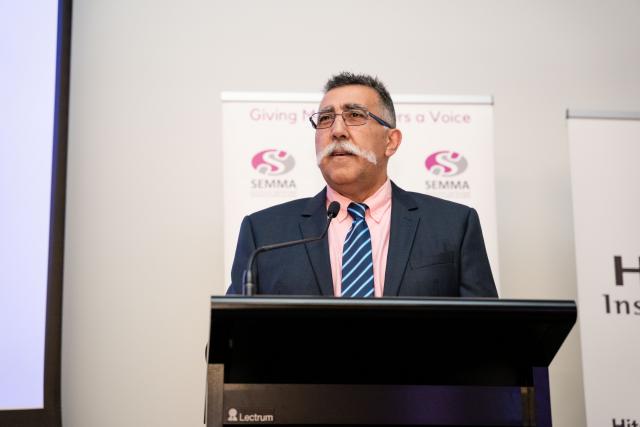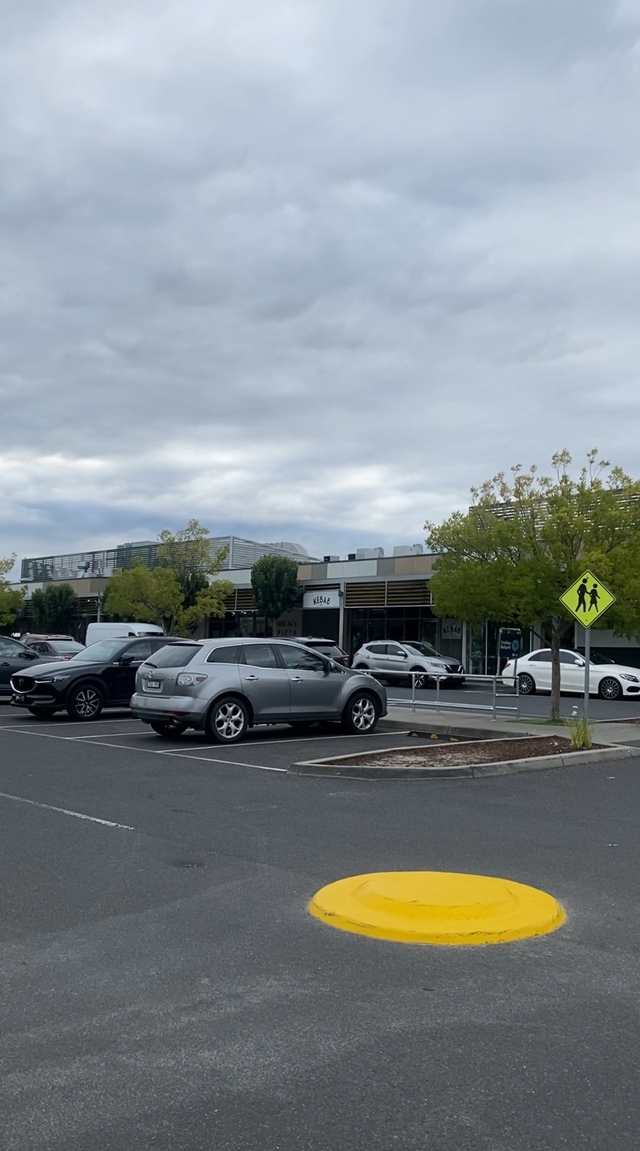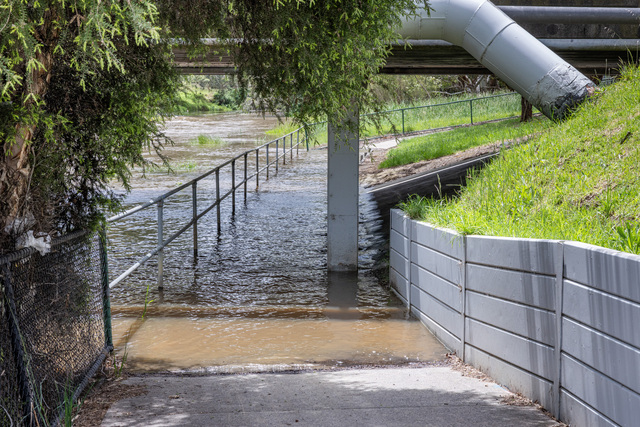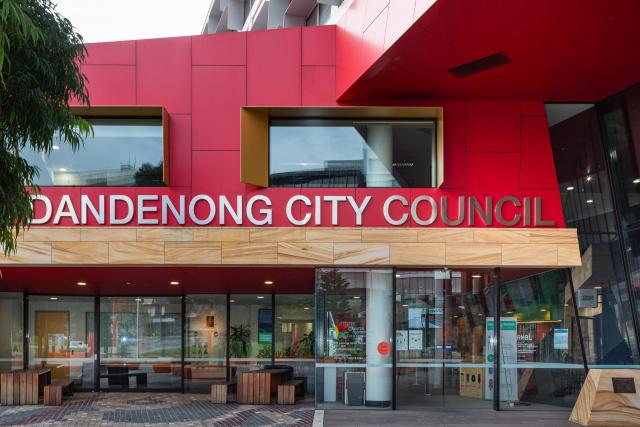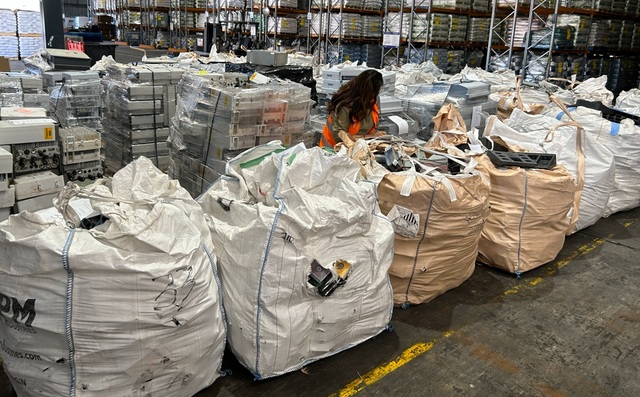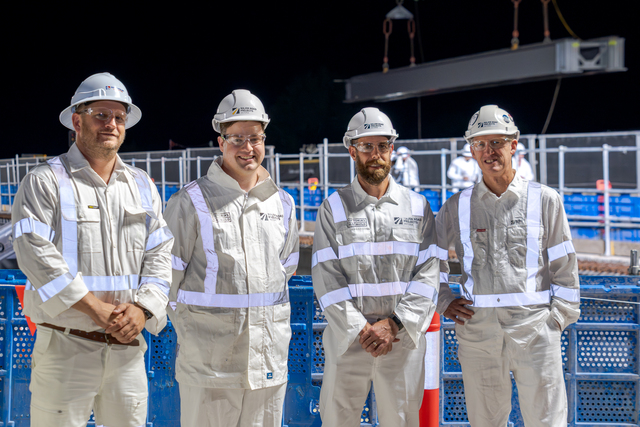The South East Melbourne Manufacturers Alliance (SEMMA) has called upon the Victorian Government to put a cap on land tax increases for the next five years.
SEMMA has labeled its alternative a “Measure Twice, Cut Once” approach, which would cap land tax increases and tie land tax rates to the usage and economic output of land, rather than sheer size and value.
Its president Peter Angelico argues this would leave Victorian manufacturing more robust and capable of competing on a global scale.
“We need to cap land tax for manufacturers now. Governments need to economically back manufacturers through smart policy if they truly support sovereign capability and growth,” Mr Angelico said.
The Victorian Government introduced a COVID Debt Repayment Plan in 2023-’24, which increased land tax rates on total taxable value (site value) of landholdings.
These changes are legislated to apply until at least 2033, in an effort to repay public debt accumulated during the heights of the Covid-19 outbreak.
SEMMA, however, says that due to a widespread increase in land valuations, the COVID Debt Repayment Plan has caused manufacturers’ tax bills to double or even triple.
SEMMA cited prohibitive tax costs on local manufacturing businesses which they claim are restricting growth and sending manufacturers into financial stress.
Previously, the organisation has labelled the rises in land tax rates ‘gouging’ and an ‘unjustified cash grab’, in an ongoing dispute with the Victorian Government.
Following a meeting last year with Victorian Treasurer Tim Pallas, SEMMA chief executive officer Honi Walker said the organisation’s concerns were ‘basically ignored’.
The Victorian Government maintains its land tax policy shifts the tax burden away from small landowners.
“The value of land used to calculate land tax typically increases over time, and due to high demand for industrial land many owners have seen the value of their properties rise.
“Victoria’s land tax system is progressive and ensures that smaller property investors pay proportionally less than those with larger landholdings.”
The spokesperson said “manufacturing insolvencies are not unique to Victoria”.
“The insolvency rate in New South Wales was almost identical to Victoria’s.
“Over the two years to the end of 2024, employment in Victoria’s manufacturing industry grew over 10 per cent – from 256,000 to 283,000.
“According to the ABS, Victoria saw a net increase of 142 businesses in 2023-’24 at a time when 73 per cent of closures by manufacturing businesses did not employ people.”
The Government stated it had cut or abolished taxes 65 times – including concessions and exemptions on stamp duty for first home buyers and abolishing the upfront cost of stamp duty on commercial and industrial buildings, the spokesperson said.

